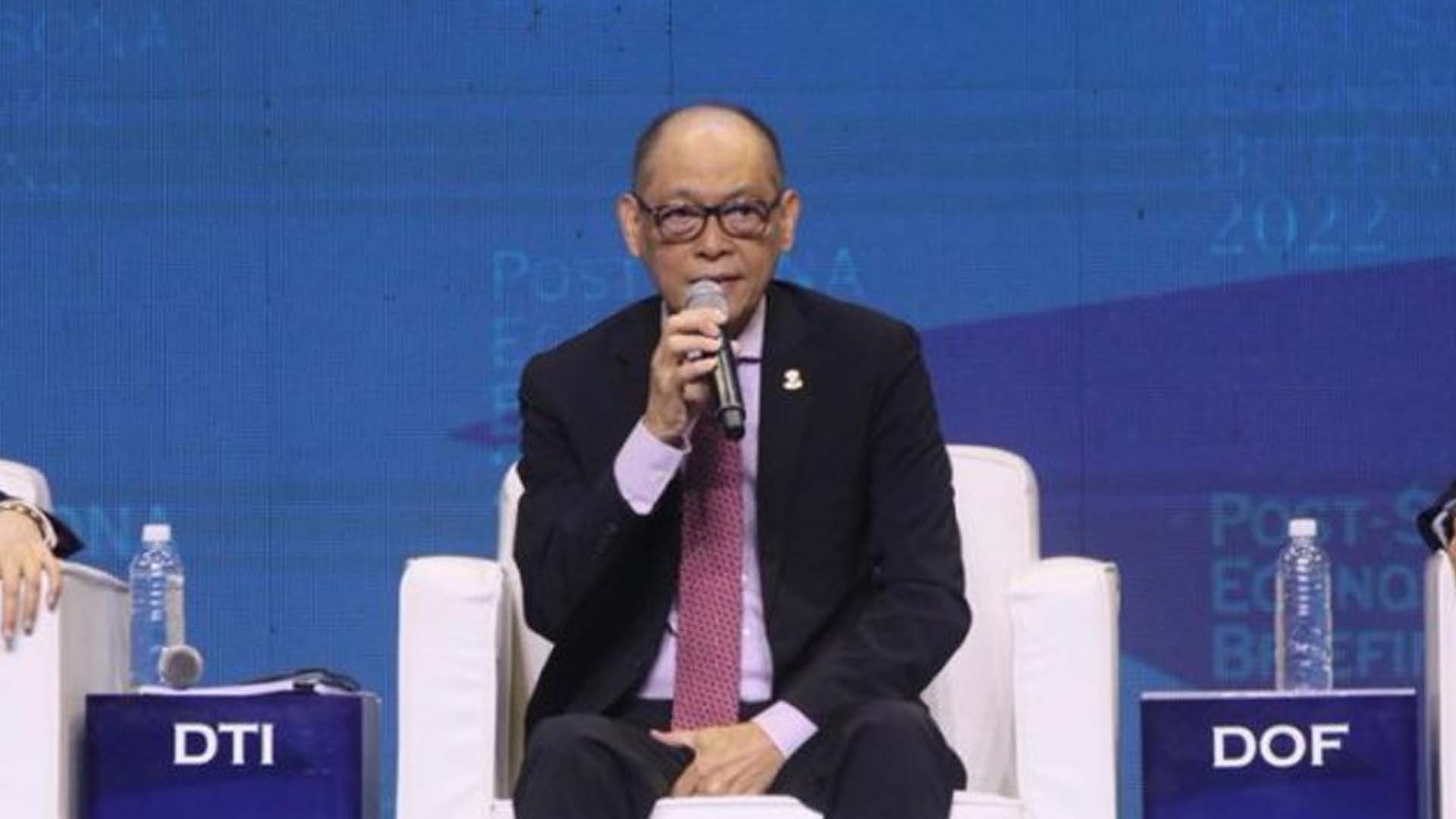Fitch Ratings’ recent move to affirm the country’s investment grade rating at “BBB” shows the agency’s confidence in the country’s strong macroeconomic fundamentals, the Department of Finance (DOF) said Monday.
Fitch recognized the country’s growth prospects, forecasting the Philippine economy to grow by above 6 percent over the medium term, considerably stronger than the median 3 percent among “BBB” peers.
“The favorable assessment demonstrates the Agency’s confidence in the country’s strong macroeconomic fundamentals, which can clearly be seen in our third quarter growth performance,” Finance Secretary Benjamin Diokno said in a statement.
According to Fitch, the assessment was mainly due to the Philippines’ strong growth, gradual fiscal consolidation and reductions in government debt-to-GDP ratio, narrowing current account deficit, comfortable financing, macroeconomic stability, sound economic policies and economic reforms.
“The economic team will remain faithful to the agenda outlined in the Medium-Term Fiscal Framework (MTFF) and the Philippine Development Plan (PDP) 2023-2028. We are also committed to implementing sound policies and reforms to drive more investments that will help continue the country’s robust economic growth in the medium term,” Diokno said.
Fitch noted the gradual reductions in the government debt-to-GDP ratio over the medium term.
It projects the country’s debt-to-GDP ratio to decline to 61 percent by 2025 after peaking in 2023 to 2024 due to strong GDP growth and narrowing fiscal deficits which contribute to the gradual but steady decline in the debt-to-GDP levels over the medium-term.
Fitch also expects the country’s general government (GG) deficit to narrow down to 3.8 percent of GDP by 2025, after escalating to 5.4 percent of GDP in 2022 following stronger spending by local government units (LGUs).
“This gradual consolidation reflects the Marcos, Jr. administration’s focus on fostering economic growth and development in the country,” Diokno said.
“For its part, the DOF shall continuously support the gradual consolidation in the government’s deficit-to-GDP to 3.0 percent by 2028. This will guarantee the reduction of debt while still leaving adequate fiscal headroom to afford the required public investments needed to elevate our GDP to the target annual growth level of 6.5 percent to 8.0 percent in the medium term,” he added.
The credit rating agency however noted the need to improve the country’s governance indicators and relatively low GDP per capita.
The DOF said the government has implemented various policies to boost governance strength and improve bureaucratic efficiency, such as the Freedom of Information (FOI); the National Government Portal and its subsequent provision of over 200 online government services; the expansion of open data features of government information; and the Ease of Doing Business (EODB) law.
On per capita income, the DOF estimates that the country will be able to reach the World Bank’s threshold for upper-middle-income status by 2025 through the PDP.
The PDP outlines strategies to deepen participatory governance; bolster public accountability and integrity; rationalize and strengthen government functions, systems, and mechanisms; and support competent, motivated, agile and resilient public servants.
“There are three most crucial steps to sustaining the growth momentum. These include committing to spend at least 5 percent of GDP on infrastructure. We need to continue the implementation of structural reforms to liberalize the economy and open up sectors to foreign direct investments. We must maintain macroeconomic stability by managing inflation, ensuring a sound external position, keeping a strong financial system, and pursuing fiscal consolidation to maintain fiscal sustainability,” Diokno said.
To sustain strong economic growth and increase government spending, the DOF said it will continue to work with Congress to legislate the proposed revenue reforms as approved by the Development Budget Coordination Committee.
These include the Passive Income and Financial Intermediary Taxation Act; VAT on digital service providers; rationalizing the mining fiscal regime, and the motor vehicle road users’ tax and excise taxes on single-use plastics, pre-mixed alcohol, sweetened beverages and junk food.
The measures are seen to expand the tax base and help boost revenue collections by 0.5 percent to 0.6 percent from 2024 to 2028. (PNA)







